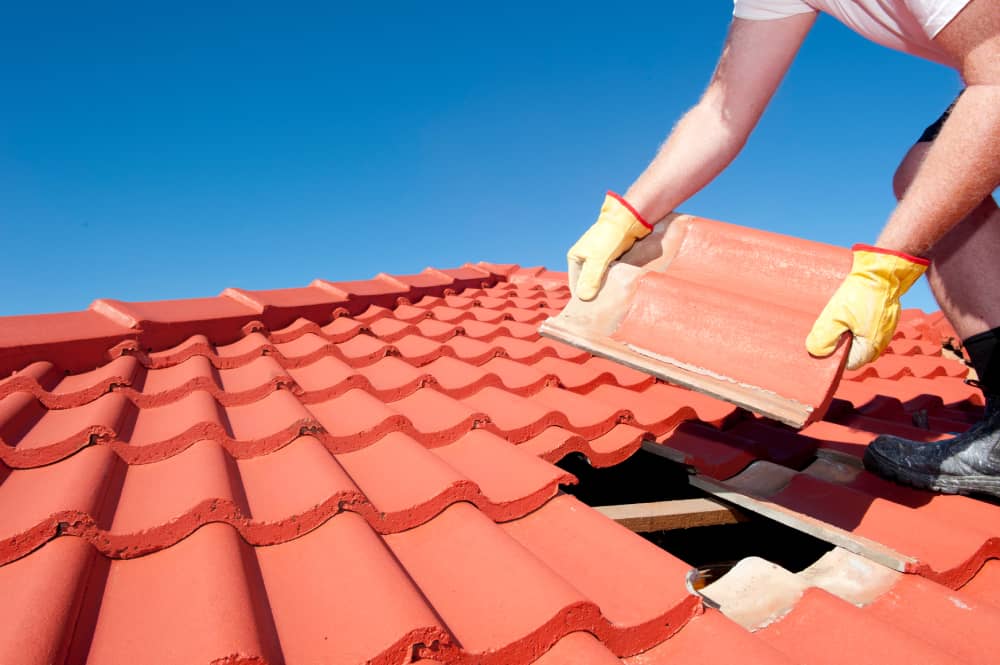One of the most significant investments people make is purchasing a house. For many, it serves as a home for them and their families. For others, it is an excellent investment asset. For whatever purpose, purchasing a property is challenging. It is hard to find a house that meets all of your criteria. This also includes the home buying process in Phoenix, AZ. You want to buy a house with all the requirements, so you spend less time and money on renovations and repairs. To achieve this, the property you buy must meet the criteria mentioned here.
1. Reliable HVAC
The HVAC system controls the air within a structure by providing heating, ventilation, and air conditioning. These systems make a house comfortable and can raise the air circulation standard. You should inspect the HVAC system before buying a home. Ask your realtor how old the HVAC is and ask for maintenance records to review.
If the home’s HVAC system is less than 10 years old and doesn’t have rust, water damage, or strange sounds, you shouldn’t face any issues. If you’re still concerned, consider getting a house inspection, which will find all significant problems. If the HVAC system is not working to your requirements, strike a deal with the existing owners to sell the house for a lesser price or update the cooling and heating systems.
2. Water Damage and Molds
Untreated water leaks or damage, particularly in basements, can result in structural problems, rot, and mold. When looking at properties, ensure none have musty odors and water spots on the walls, ceilings, or flooring.
Before moving in, get the mold removed because it is a health risk. It can cause breathing problems and allergic reactions in immunocompromised individuals. To stop further infestations, identify and treat the source of the water leak. Your real estate agent most likely has previous experience buying homes with water leaks. Consult them about the matter and use their insight in negotiating a deal with the seller.
3. Uneven Floors
Most houses have uneven floors. They are undesirable for homeowners as they can result in wall and ceiling cracks, imperfectly closing doors and windows, and even structural issues. To ensure you don’t face such an issue when you tour a home, bring marbles and scatter them over the floor in various locations to check floor leveling. Flooring issues can be expensive to rectify because you must remove the old flooring, purchase new tiles, and have them installed.
In older homes, uneven floors have developed over time. You will probably have no issue if the previous owner performed the foundation work, such as installing a concrete beam for support. Ensure that the owner has taken steps to strengthen the foundation throughout ownership.
4. Outdoor Space
If you want to use your outside space more often, ensure the yard is practical for hosting all your activities. Some people want a patio to relax in, an entertaining outside area, a pool, or a barbecue area. Ensure the new house’s yard can accommodate your activities before purchasing it.
Larger lots offer many possibilities, but maintaining them takes more effort. You can regret having such a vast yard, even for small tasks like cutting the grass. Ensure your outdoor space is big enough to accommodate your preferences while being easy enough to maintain.
5. Layout
One of the most crucial factors in buying a house is its layout. Open floor designs are great if you prefer a modern look. The open concept ensures people engage together and is suitable for families with young kids, as parents can easily monitor children while they are busy in another room. In contrast, a conventional enclosed space allows for privacy in each room. This option is more suitable for families with grown kids who require personal space or if you want a roommate in the future.
6. Parking
You should also consider the parking space before purchasing a house. According to your vehicles, size and quantity ensure the place is suitable for accommodating them. And you won’t be intruding in your neighbor’s parking area. This can result in conflicts and even legal disputes.
If you want to use your garage for purposes other than parking a vehicle, ensure it is big enough to accommodate, as you will need space to store tools and project supplies and might even have to adjust a workbench, which takes up even more space.
7. Size of the House
You must consider the size of a house when purchasing. Before house hunting, decide on your ideal floor plan and the right house size to accommodate all your needs. While a larger property can provide you with a theater room, home gym, or craft room you’ve always wanted. Remember that it can also result in higher taxes and energy bills. The house will also need more work for maintenance and cleaning.
Think about the design and space you’ll need for your lifestyle and buy a home that suffices your needs. Consider flats or townhomes if all the properties you are considering are bigger than you need.
8. Location of the House
Always consider a house’s location and accessibility when house hunting. You probably want to live in a desirable neighborhood close to stores, schools, and recreational areas. And has accessibility to transport routes and public transport. Also, consider looking at the neighborhood’s safety to ensure you can live a peaceful life.
First-time buyers are frequently duped into buying houses that back up to busy roadways because they are cheaper. However, the noise and constant traffic can make it hard to live there.
However, some homebuyers don’t mind being on the main road, depending on their tastes. In contrast, others choose a more peaceful environment. It’s also worthwhile investigating places with affordable housing costs that are anticipated to rise in value over time. So if you decide to sell your house, you can generate a profit and purchase a more desirable home.
Endnote
Remember that purchasing a home is a personal decision. You’ll need to choose the most crucial elements depending on your and your family’s needs and budget. You can always get help from a real estate agent in identifying your priorities and comparing the properties you examine to your standards.
Create your priority list beforehand, and compare all the houses you visit to your criteria. You may not find a property that meets all the expectations, but do not compromise on the most necessary factors, like the ones mentioned above.












